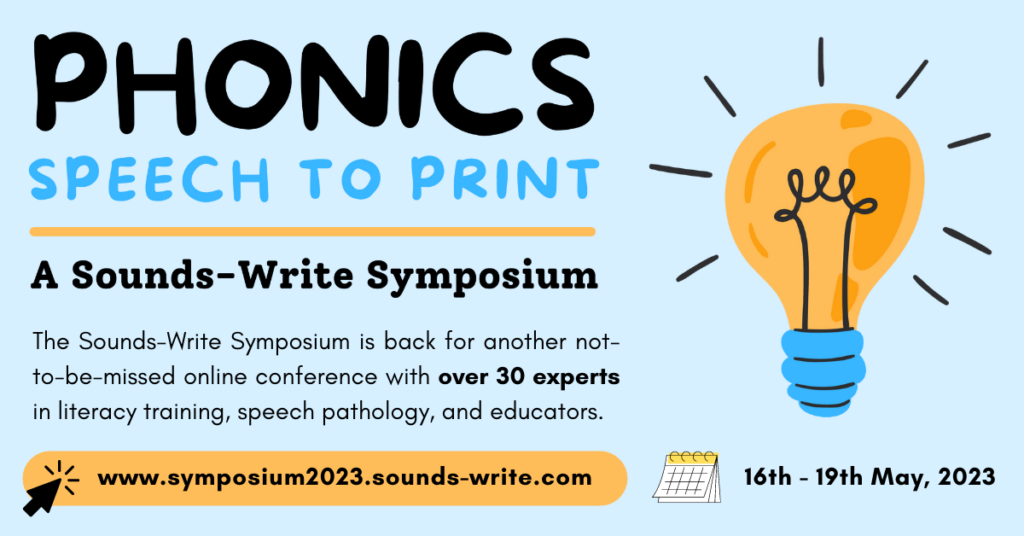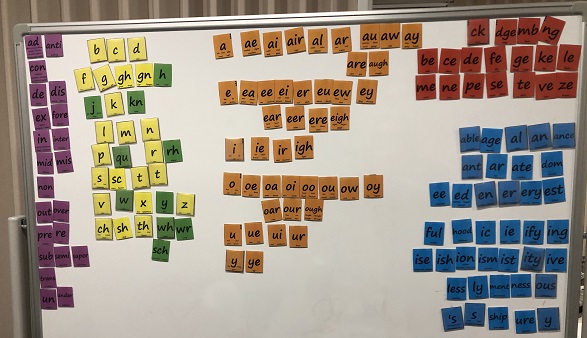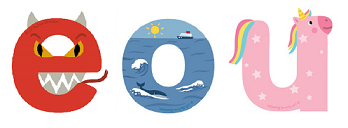Free online professional learning
0 Replies
Yikes, 6036 people have signed up for my Phonics: Speech To Print Symposium talk next week. This event is shaping up to be bigger than Ben Hur, not surprising when speakers include Pamela Snow, Greg Ashman, Mandy Nayton, Tom Bennett, Pie Corbett, John Walker and many more.
All sessions are free for 48 hours, or an all-access pass to all sessions whenever it suits you is very affordable, e.g. a whole school pass costs about AUD$225 if you sign up before 15/5/23.
The good folk of Sounds-Write have involved many other speech-to-print authors like Tricia Millar (That Reading/Spelling Thing), Marnie Ginsberg (Reading Simplified), Nora Chahbazi (EBLI), Tami Reis-Frankfort (Phonic Books), Faith Borokowski (High Five Literacy) and Ann Sullivan (Phonics for SEN). Making sure everyone can read is a team sport, and we can all learn so much from each other.
For example, Nora Chahbazi and John Walker agreed in Episode 11 of the Sounds-Write podcast that teaching consonant-e as a word-final spelling (e.g. ke in ‘take’, ‘se’ in these, ‘ne’ in line, ‘pe’ in hope, ‘te’ in cute) is probably a better idea than teaching kids about ‘split’ spellings (a…e as in ‘take’, e…e as in these etc). ‘Split’ spellings mess with straightforward left-to-right reading. Hmm.
New moveable alphabet
I’ve been working on a new moveable alphabet, adding prefixes and suffixes, and making it more compact and useful for showing (rather than telling) kids how words are built. The kids I work with can’t handle too much verbiage.
Earlier versions have consonant-e spellings: ce in ‘voice’, se in ‘house/please’, ge in ‘large’, ve in ‘have’, ze in ‘breeze’ and ‘le’ in ‘bottle’, but after listening to the above podcast I added more, and took out the ‘split’ spellings. This makes it easier to build common words like ‘done’, ‘gone’, ‘come’ and ‘some’.
There are also double-sided tiles you flip over to change y to i when ‘cry’ becomes ‘cried’, or ‘n’ to ‘nn’ when ‘run’ becomes ‘running’, etc. I’ll demonstrate this in my symposium session.
New Embedded Picture Mnemonics
We’ve also been working on, and I’ll talk at the symposium about, the Spelfabet embedded picture mnemonics. Lots of people want a picture mnemonic for every grapheme. More of a good thing is not always better. The mnemonics exist to help kids remember basic sound-letter relationships, understand that there are more sounds than letters, and teach a common spelling for each sound. This is consistent with the late, great Prof Diane McGuinness’s prototype for teaching the spelling code. She seems to have inspired the authors of many speech-to-print phonics teaching approaches.
The Spelfabet embedded picture mnemonics will soon have single-letter ‘long’ vowels: a/alien, e/evil, i/ice, o/ocean, u/unicorn. Most words in English are polysyllabic, so the one-letter spellings are generally the most common for these sounds (see this study). I hope the new mnemonics help shift people’s focus from graphemes to phonemes, and help kids realise that many sounds share a spelling (it’s not just oo/look and oo/food).
High-utility polysyllabic word list
Finally, we’ve been working on a high-utility academic (Tier 2) polysyllabic word list, which again will be available next week. When teaching kids in intervention how to read/spell polysyllable words, the aim is to prioritise words they can use across academic subjects, such as “benefit” and “argument”. Words like “flamenco” and “saxophone” aren’t quite so useful.
The list also aims to build morphological knowledge into intervention targeting polysyllable words. It contains lots of inflected and derived forms. Knowing how to turn a base word like “avoid” into “avoidant”, “avoiding”, “avoided”, “avoidable” and “unavoidable” gives a six-for-the-price-of-one frisson to learning about word structure, and makes complete sense to kids who are into Minecraft and Lego (at least half my caseload).
I’m also planning to offer a substantial Spelfabet shop discount to symposium attendees.
I hope at least some of the Phonics: Speech To Print Symposium next week is interesting/useful to you.
Alison Clarke
Speech Pathologist





Leave a Reply